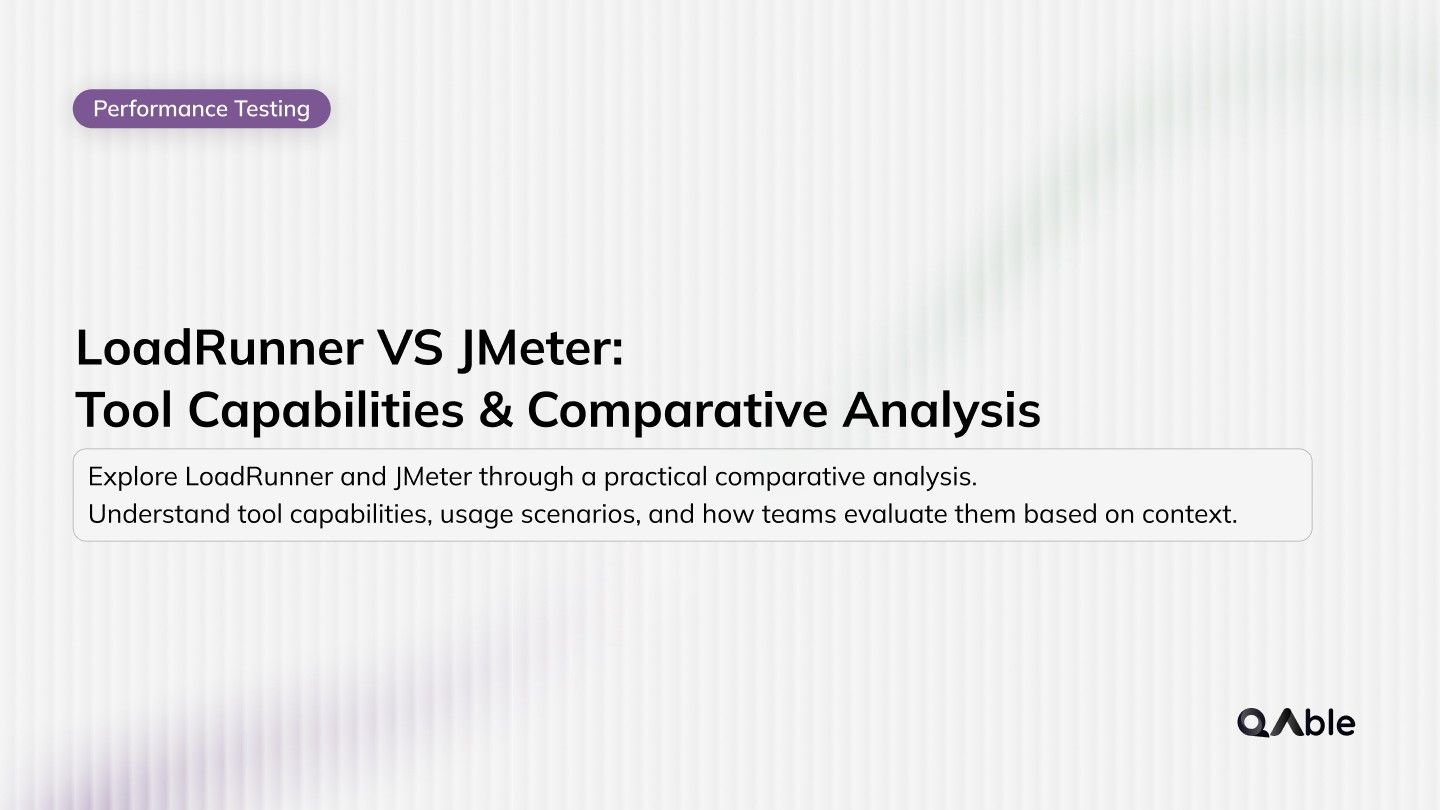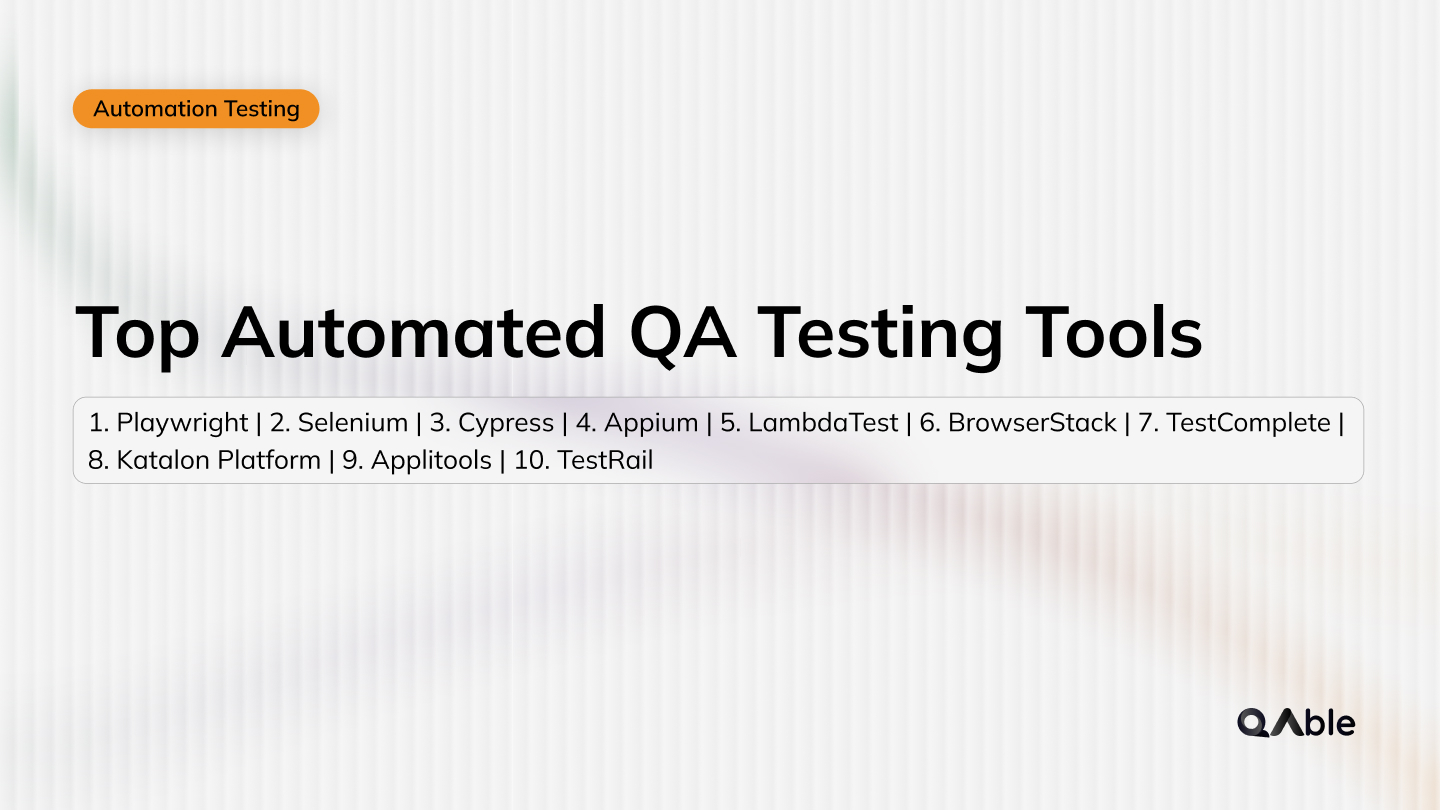Table of content
SHARE THIS ARTICLE
Is this blog hitting the mark?
Contact Us
Table of Contents
- Difference Between Unreal vs Unity
- Which one to choose? Unreal Engine vs Unity for Mobile Games
- FAQs
With Unity powering 60% of mobile games and Unreal Engine flexing its muscles with AAA-quality graphics on phones, choosing between these titans has become the million-dollar question for developers. From indie hits like Pokémon GO (Unity) to graphic powerhouses like Fortnite (Unreal), both engines are proving their worth in different ways.
Ready to dive into this epic showdown and find out which engine might be your perfect match? Let's break it down.
Difference Between Unreal vs Unity
Unity vs. Unreal, who will emerge as the king of gaming engines? This question is the topic of discussion amongst gaming experts, developers and game designers. Both engines are known for delivering amazing gaming experiences, but they have their own share of pros and cons. Let’s explore them one by one:
Performance
Performance is the most sought after differentiator between Unity and Unreal. For instance, Unreal uses C++ as its programming language. It provides better control over memory management and offers more robust access compared to others.
Plus, Unreal’s key features, like the ability to upgrade access and edit source code when needed, make it even more powerful.
On the flip side, Unity relies on C# as its main programming language, which means developers don’t have direct control over memory management. This leaves the garbage collector to run at random times, sometimes impacting performance.
Graphics
Graphics play a crucial role in offering a better gaming experience to the users. In this segment, Unreal Engine 4 is a big player which is capable of creating stunning graphics with 2D and 3D rendering.
Unity sometimes falls short in post-development due to high-level graphics, which can slow down the process. Additionally, Unreal Engine offers high-performance graphics for mobile games, producing great visuals with less effort. Unity can achieve similar quality, but it requires more work and often results in slower renders.
Unreal’s performance and fast rendering make it the preferred choice for large-scale games. For mobile games, both work well, but Unreal is slightly better.
Community Support
Strong community support is another key factor. While both Unity and Unreal have active online communities, Unity stands out. Its seamless integration with the asset store allows developers to easily find and receive assistance directly within the engine.
This, coupled with a highly responsive and knowledgeable community, provides a significant advantage for developers choosing Unity.
Developer
Developers often gravitate towards Unity. Its user-friendly nature, vast collection of pre-built assets, and impressive visuals make it a popular choice. Upgrading to the Pro version unlocks advanced features, further enhancing its appeal.
Pricing
Unity and Unreal are both powerful, but their pricing models differ. Unity offers a free version, Unity Personal, for smaller projects, while Plus and Pro require a subscription for larger-scale developments.
Unreal is free for personal and educational use, but charges a 5% royalty on commercial earnings over $1 million annually. This can benefit developers with high-revenue projects but might be a burden for others.
Choosing between Unity and Unreal depends on your project’s scale. Unity’s affordable model suits smaller projects, while Unreal’s royalty structure may work better for large commercial games.
Asset Stores
To create 3D assets from scratch, you'll need tools like Blender, Maya, or 3ds Max. Or, you can browse asset stores for pre-made assets to save time. Both Unreal Engine and Unity feature their own asset marketplaces, where you can grab objects, environments, and 3D models.
Unreal Engine offers a solid collection of assets, while Unity’s marketplace is even larger, with a massive variety of 3D models. Unreal’s assets tend to be more suited for full-fledged game projects, especially in fantasy or sci-fi genres. For VR apps focused on business rather than high-end graphics, Unity would be a better fit.
Unity leads in asset variety, but Unreal is catching up quickly.
Which one to choose? Unreal Engine vs Unity for Mobile Games
Making the right engine choice can significantly impact your mobile game's success. While Unity shines with its accessible C# programming, extensive asset store, and predictable pricing model, Unreal Engine stands out for its superior graphics and rapid rendering capabilities. The choice ultimately depends on your project scope, technical expertise, and budget constraints.
At QAble, we understand these nuances and can help you navigate this crucial decision. Our experienced team can evaluate your specific requirements, development timeline, and resources to recommend the perfect engine for your mobile game. Whether you're building a casual puzzle game or a graphically intensive RPG, we'll ensure you start with the right foundation.
Discover More About QA Services
sales@qable.ioDelve deeper into the world of quality assurance (QA) services tailored to your industry needs. Have questions? We're here to listen and provide expert insights


Nishil Patel is the Co-founder of QAble, delivering advanced test automation solutions with a focus on quality and speed. He specializes in modern frameworks like Playwright, Selenium, and Appium, helping teams accelerate testing and ensure flawless application performance.
.svg)














.webp)
.webp)
.png)
.png)











.png)



.png)

.png)

.png)






.jpg)













.webp)

